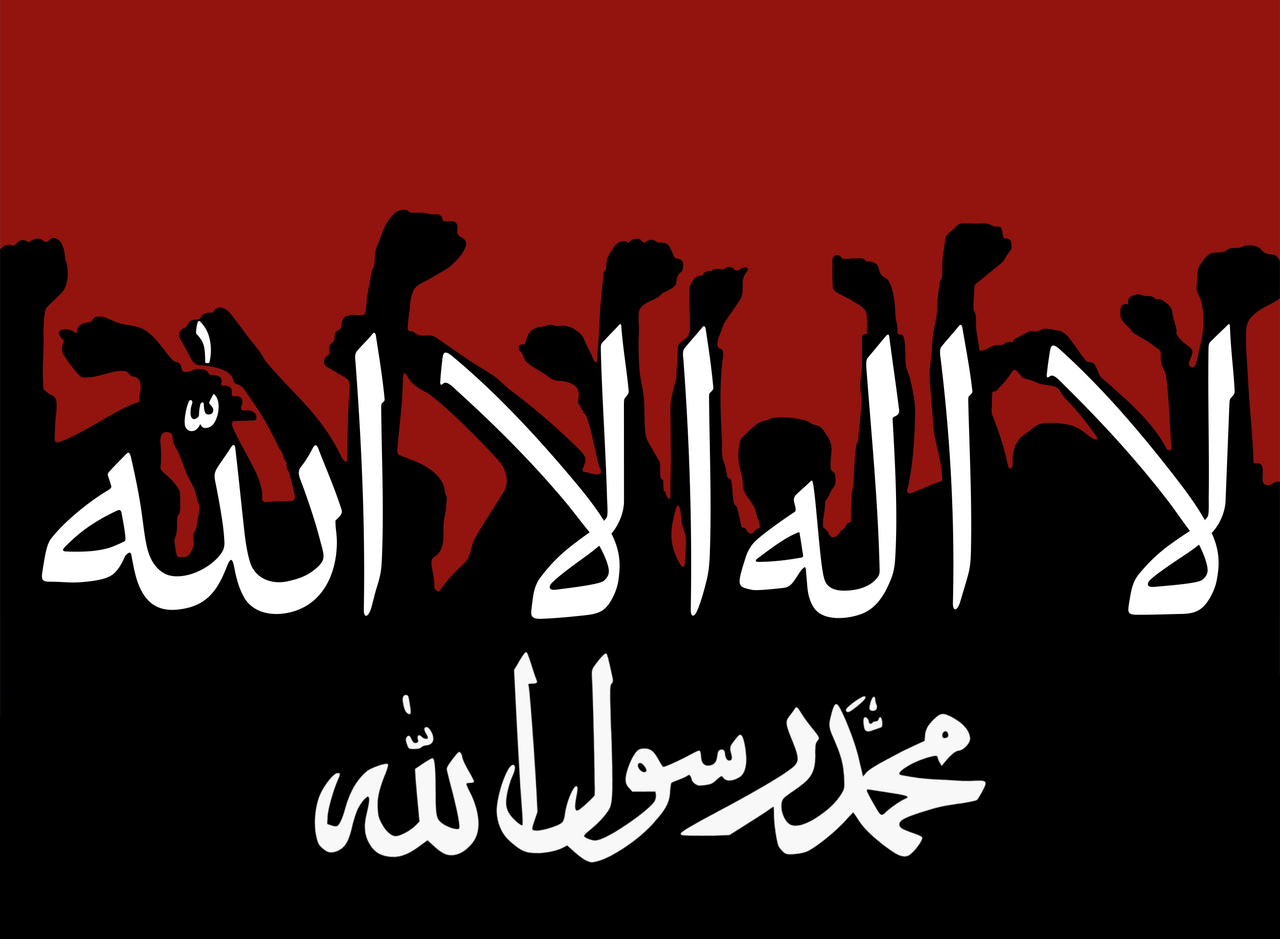Hizbullah was an Islamist and Kurdish separatist militant group in Turkey, founded by Hüseyin Velioğlu in 1993. Its unique Kurdish identity set it apart from other Islamist groups. Despite being an Islamist group, Velioğlu did not seek cooperation with Turkish Islamists, and initially sought cooperation with Abdullah Öcalan, founder of the PKK and his former university classmate. The PKK refused to work with Hizbullah and even attacked them. Velioğlu did not expect a conflict with fellow Kurds nor plan for it. This caused Hizbullah to set its goals aside and focus on the PKK.
The fighting continued until 1995, where both redirected their attention to the Turkish state. Velioğlu blamed the PKK for the conflict, asserting that their intolerance for religion wasted Kurdish resources that could have been used against the Turkish state. In 1998, Velioğlu and Öcalan reconciled, and the PKK also softened its stance on Islam and religious Muslims. Hizbullah also accepted sharing power with the PKK. Velioğlu preached Anti-Turkish thoughts, and Hizbullah further pursued separatism and began to operate in Iraq, Iran, and Syria in addition to Turkey. Everything that Velioğlu wanted was coming true. However, Öcalan was arrested in 1999 and Velioğlu was killed in 2000, both orchestrated by the Turkish state.
After the death of Hüseyin Velioğlu in 2000, Hizbullah disarmed, renounced separatism, and adopted a more pro-Turkish stance under İsa Altsoy. Hizbullah also clashed with the PKK, causing many members to leave it, claiming that Altsoy had hijacked the movement and submitted to Turkish interests. Some veterans argued that Hizbullah practically killed itself by fighting the PKK and renouncing separatism, the opposite of what Velioğlu wanted. They continued to admire Velioğlu, but began to oppose Hizbullah, which had disintegrated and taken the political form of HÜDA-PAR. Velioğlu’s ideology resonated with many Kurdish nationalists and even some secularists who admired his strong sense of nationalism, making him more of a Kurdish nationalist figure than a representative of Hizbullah. At the same time, HÜDA-PAR distanced itself from Velioğlu and abandoned his ideology to avoid being accused of terrorism or separatism. His ideology survived with other Kurdish nationalists. Similar sentiments were seen in those who admire Mustafa Kemal Atatürk yet criticize what the Republican People’s Party became after his death. Likewise, the TAK was formed by Apoists who felt that the PKK had deviated from Abdullah Öcalan’s ideology after his arrest. This was not unique to Hizbullah or Velioğlu.
HÜDA-PAR was relatively unknown and quite unpopular until 2023. By that time, most Velioğlu loyalists had already left the Hizbullah-affiliated groups. In the 2023 elections, HÜDA-PAR suddenly gained attention by announcing their support for Recep Tayyip Erdoğan. This shift helped HÜDA-PAR attract a new Erdoğanist fanbase. However, Hizbullah veterans who were initially critics of HÜDA-PAR began to view the party as an enemy.
While HÜDA-PAR claimed to represent the Kurds, it struggled with popularity, even among conservative Muslim Kurds. Critics, including Hizbullah veterans, argued that HÜDA-PAR failed to connect with the Kurdish community, and claimed that it was very obviously a scheme by the Turkish government to undermine the HDP, regarded by Turkey as the political wing of the PKK. After the 2023 elections, HÜDA-PAR, despite the popularity boost, disappeared from the public spotlight shortly after.

